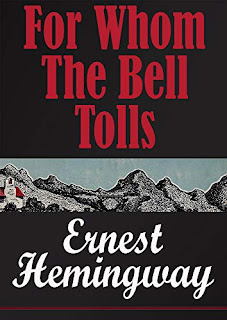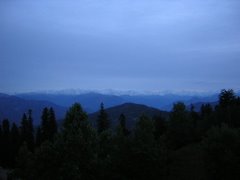I thank all the friends who greeted me on 10 May with birthday wishes. But I have a confession. 10 May is not my date of birth.
Beg your pardon. I don’t know my actual date of birth. My mother, who is illiterate, does not know. My semi literate late father knew the cards in rummy which caused his loss but did not care to record my date of birth. No one knows. No birth certificate from hospital. I was born at home in the village.
So how did I get the date of birth? It was given arbitrarily by the village (Raramuthiraikottai) school teacher when I got admitted in the first grade.
My case was not unique. Most of my classmates were also given date of birth by the teacher.
Every year the teacher will round up the village kids around the age of five and arrange an admission ceremony on the day of Saraswati Pooja, a festival celebrated for Saraswati, the goddess of learning.
Our elementary school of about thirty students had two teachers. Our school was a single room thatched hut where all the students from class 1 to 5 sat in the same room on the floor. The classes were separated into different corners or wall sides. Everyone could hear and see what is happening in the other four classes.
None of us celebrated birthdays in the class or school or street. It was unheard of among my village friends. We never got new dress for birthdays. We had to wait for Diwali festival, when everyone got new dress.
We never sang “happy birthday to you” in the village. We learnt ABCD English in the fifth grade.
After class five, some of my friends and me joined the Higher Elementary School (grade six to eight) in the neighbouring bigger village Mariammankovil, about four kms from ours. The school got upgraded to High School when we passed out from eighth standard. So we continued for three more years and finished eleventh grade. We never had any birthday parties in the school.
Then I moved to Pushpam college in Poondi, four kms walk from my village. Even my college friends never had any birthday parties. Funny eh?
I did not celebrate on 10 May 2020. I have never celebrated in the last 67 years. I don’t feel like it. I feel shy.
I do not get a sense of joy or a celebratory feeling with the song in English “Happy birthday to you”. It feels unnatural. In Tamil culture, many things are unsaid; wishes unexpressed; greetings undeclared. But unstated feelings are understood and implicit.
I pretend to be modern, cosmopolitan and 'passionate about Latin America' but deep inside, I am still the same boy from the village, filled with insecurity, ignorance, uncertainty and the fear that some day I will be exposed for my incorrect date of birth or that others will find out my about my true self. The truth is..I don't know my date of birth nor my true self... and I ask myself as in the song of Bhaagapirivinai film of 1959,
“ ஏன் பிறந்தாய் மகனே…..ஏன் பிறந்தாயோ “ ( why were you born son.. why were you born )
“ ஏன் பிறந்தாய் மகனே…..ஏன் பிறந்தாயோ “ ( why were you born son.. why were you born )




